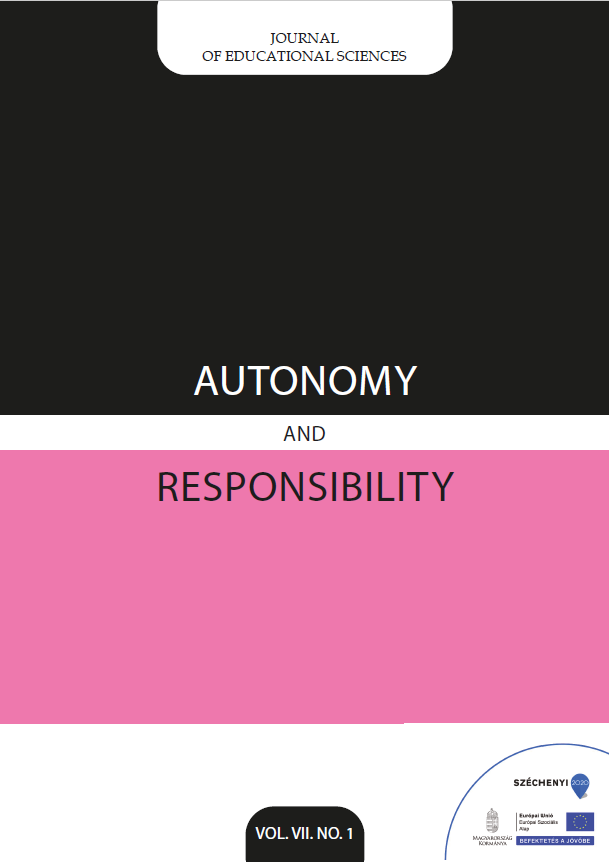Roma Youth and Roma Student Societies in the Hungarian Higher Education in the Light of Process-based Model of Inclusion
DOI:
https://doi.org/10.15170/AR.2022.7.1.2.Keywords:
higher education, Roma students, elements of a successful support organisationAbstract
Organisations and their programmes that specifically address target groups play an important role in creating inclusive educational environments. In this study, through the life stories of Roma students and by examining, describing, and analysing their formal
community (the Roma Student Society Network), the authors present principles and dynamics in a model, which may be used as a basis for creating an inclusive environment in the specific context of a university. Our aim in writing this paper is to detail and embed in a process-based model of inclusion the capital accumulation provided by the Roma Student Society, an organisational structure that offers successful social mobility pathways for Roma students. Furthermore, by presenting the results of an empirical study about the Wlislocki Henrik Roma Student Society (WHSz) at the University of Pécs in Hungary and comparing this data to the research results of Roma student societies in other educational institutions across the country, the authors will try to demonstrate and model the necessity, success, and adaptability of WHSz as a support programme.



